Breakfast is often referred to as the most important meal of the day for several reasons. Breakfast can contribute to a balanced diet and help meet your daily nutritional requirements. A nutritious breakfast that includes a variety of food groups like whole grains, fruits, protein, and dairy can provide essential vitamins, minerals, and fiber
Table of Contents
Why is breakfast the most important meal of the day?
Energy and Metabolism: After an overnight fast, breakfast provides the necessary fuel and nutrients to kickstart your metabolism and provide energy for the day. It replenishes glycogen stores and provides glucose, which is the primary source of energy for the brain and muscles.
Improved Cognitive Function: Eating breakfast has been linked to improved concentration, memory, and overall cognitive function. It helps enhance mental alertness, focus, and productivity throughout the day.
Stable Blood Sugar Levels: Breakfast helps stabilize blood sugar levels, especially after a long period of fasting. A balanced breakfast with complex carbohydrates, protein, and healthy fats can prevent blood sugar spikes and crashes, promoting overall health and preventing conditions like diabetes.
Mood and Emotional Well-being: Breakfast can positively impact mood and emotional well-being. It helps prevent irritability, fatigue, and feelings of hunger, which can lead to mood swings and lower energy levels.
Overall Health: Consistently eating a nutritious breakfast has been associated with a lower risk of chronic diseases such as heart disease, obesity, and type 2 diabetes. It promotes healthier food choices and can contribute to better overall health.
What is the role of breakfast in weight loss?
Breakfast plays a significant role in weight loss and overall health. While the exact impact of breakfast on weight loss can vary among individuals, here are some ways in which breakfast can contribute to weight management:
Increased metabolism: Eating breakfast can help jumpstart your metabolism after an overnight fasting period. When you eat breakfast, your body receives energy and signals your metabolism to start working. A higher metabolism can aid in burning calories throughout the day.
Reduced hunger and cravings: Eating a nutritious breakfast can help reduce hunger pangs and prevent overeating later in the day. When you skip breakfast, you're more likely to experience intense hunger, leading to unhealthy snacking or overeating at subsequent meals.
Better portion control: Having a balanced breakfast that includes a mix of protein, healthy fats, and fiber can help regulate your appetite and promote better portion control throughout the day. This can prevent excessive calorie intake.
Improved energy and focus: Breakfast provides essential nutrients and fuels your body for the day ahead. By starting your day with a balanced meal, you'll have more energy and mental clarity, which can positively impact your productivity and physical activity levels. Regular physical activity is crucial for weight loss.
What is the best time to have breakfast?
The best time to have breakfast can vary depending on individual preferences, schedules, and lifestyle factors. There is no universally "correct" time for everyone to have breakfast. Some people prefer to have breakfast immediately after waking up, while others may prefer to wait a few hours or engage in activities before eating.
Generally, it is recommended to have breakfast within a few hours of waking up to provide your body with essential nutrients and energy to start the day.
What should you avoid for breakfast?
While breakfast is often considered an important meal to start your day, there are certain things you may want to avoid or consume in moderation for a healthier breakfast. Here are a few things to consider:
Sugary Cereals: Many breakfast cereals marketed towards children and adults are loaded with added sugars. These can lead to a spike in blood sugar levels and cause an energy crash later in the day. Look for cereals with less added sugar or opt for whole grain options like oatmeal or unsweetened granola.
Processed Meats: Bacon, sausages, and other processed meats are commonly consumed as part of breakfast. However, they are often high in unhealthy saturated fats and sodium.
Pastries and Sweet Baked Goods: Pastries and baked goods are often high in refined carbohydrates, added sugars, and unhealthy fats. These can lead to rapid spikes in blood sugar levels and provide little nutritional value. Instead, choose whole grain bread or homemade options that incorporate healthier ingredients like fruits, nuts, or seeds.
Sugary Drinks: Many people enjoy a glass of fruit juice or a sugary coffee drink with their breakfast. However, these beverages can be high in added sugars and empty calories. It's better to opt for water, herbal tea, or unsweetened coffee to stay hydrated and avoid unnecessary sugar intake.
High-Fat Spreads: Butter and some margarines are high in saturated fats. Instead, try healthier alternatives like avocado, nut butters (without added sugars or oils), or spreads made from natural ingredients like hummus or tahini.
Healthy Indian breakfast recipes for weight loss:
Here are some healthy Indian breakfast recipes that can support weight loss:
Vegetable Poha: Poha is flattened rice that is light and easy to digest. Cook it with vegetables like carrots, peas, bell peppers, and onions. Use minimal oil and add spices like turmeric, cumin, and mustard seeds for flavor.
Moong Dal Cheela: Make a batter using soaked and ground moong dal (green gram), and add chopped vegetables like spinach, tomatoes, and onions. Cook the cheela (pancake) on a non-stick pan using minimal oil.
Oats Upma: Replace semolina (sooji) with oats in traditional upma. Sauté mustard seeds, curry leaves, onions, and vegetables in a little oil. Add oats and water, and cook until the oats are soft. Season with salt and spices as per taste.
Vegetable Idli: Prepare idli batter using a combination of rice and urad dal (black gram). Add grated carrots, chopped spinach, and other vegetables to the batter. Steam the idlis in an idli steamer and serve with chutney.
Ragi Dosa: Ragi (finger millet) is a nutritious grain. Make a dosa batter using ragi flour, urad dal, and water. Ferment the batter overnight and make thin, crispy dosas on a non-stick pan. Serve with a side of sambar or chutney.
Sprouts Salad: Sprouts are rich in nutrients and low in calories. Mix sprouted moong beans, chickpeas, or any other sprouts of your choice with chopped cucumber, tomatoes, onions, and coriander leaves. Season with lemon juice, salt, and pepper.
Multigrain Paratha: Combine whole wheat flour with other flours like oats, millet, and barley. Add grated vegetables like carrots, spinach, and fenugreek leaves to the dough. Roll out the parathas and cook them on a non-stick pan with minimal oil.
Vegetable Omelette: Whisk egg whites or a combination of eggs and egg whites. Add chopped vegetables like bell peppers, mushrooms, spinach, and onions. Cook the omelette on a non-stick pan with minimal oil.

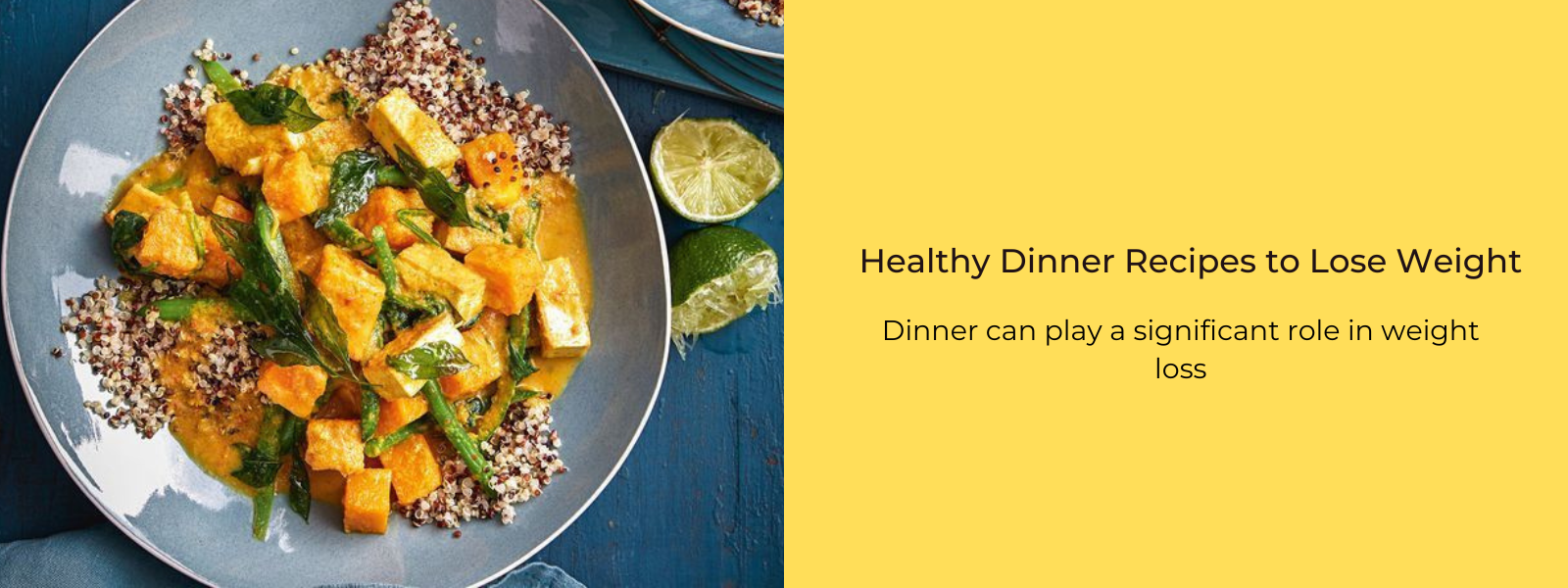
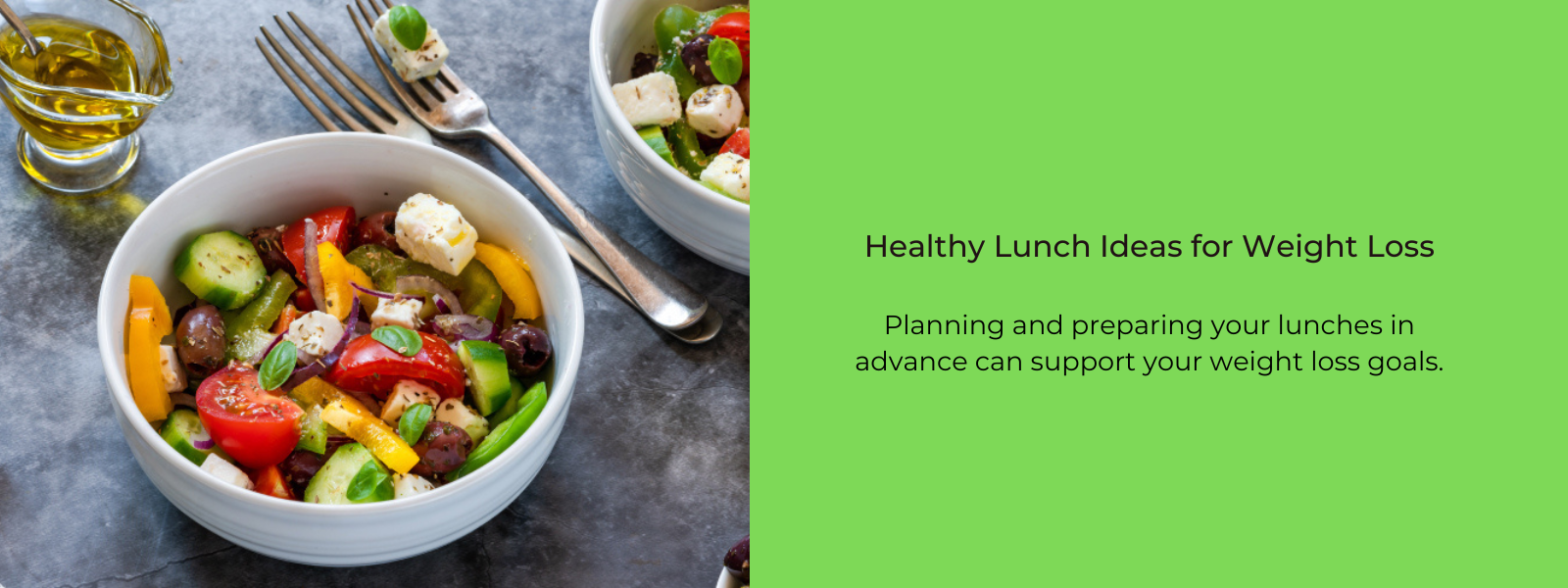
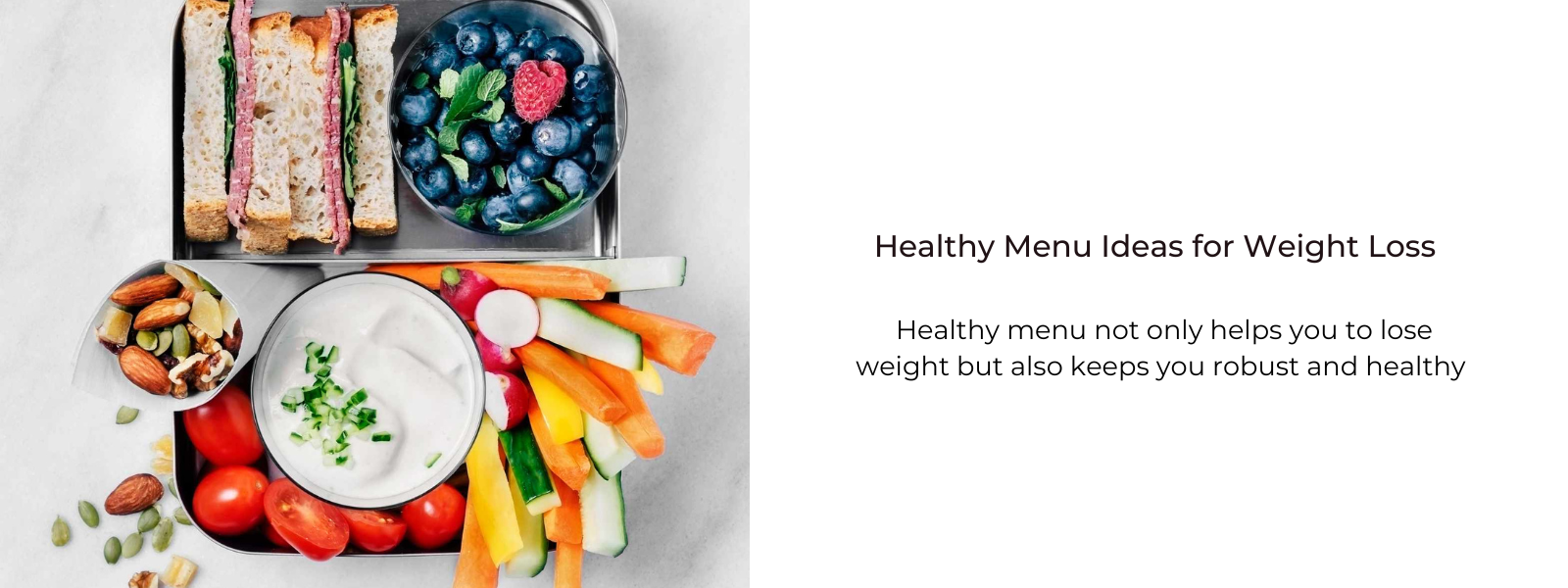

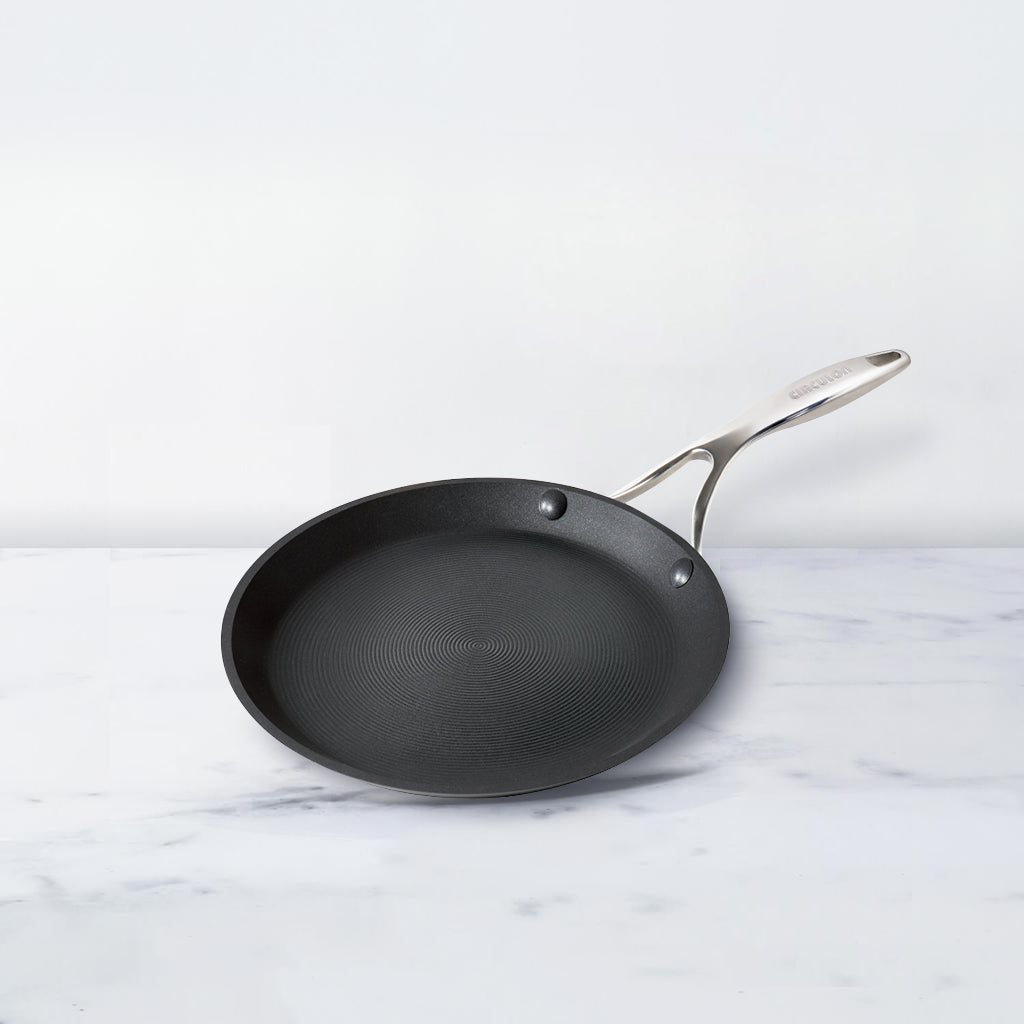
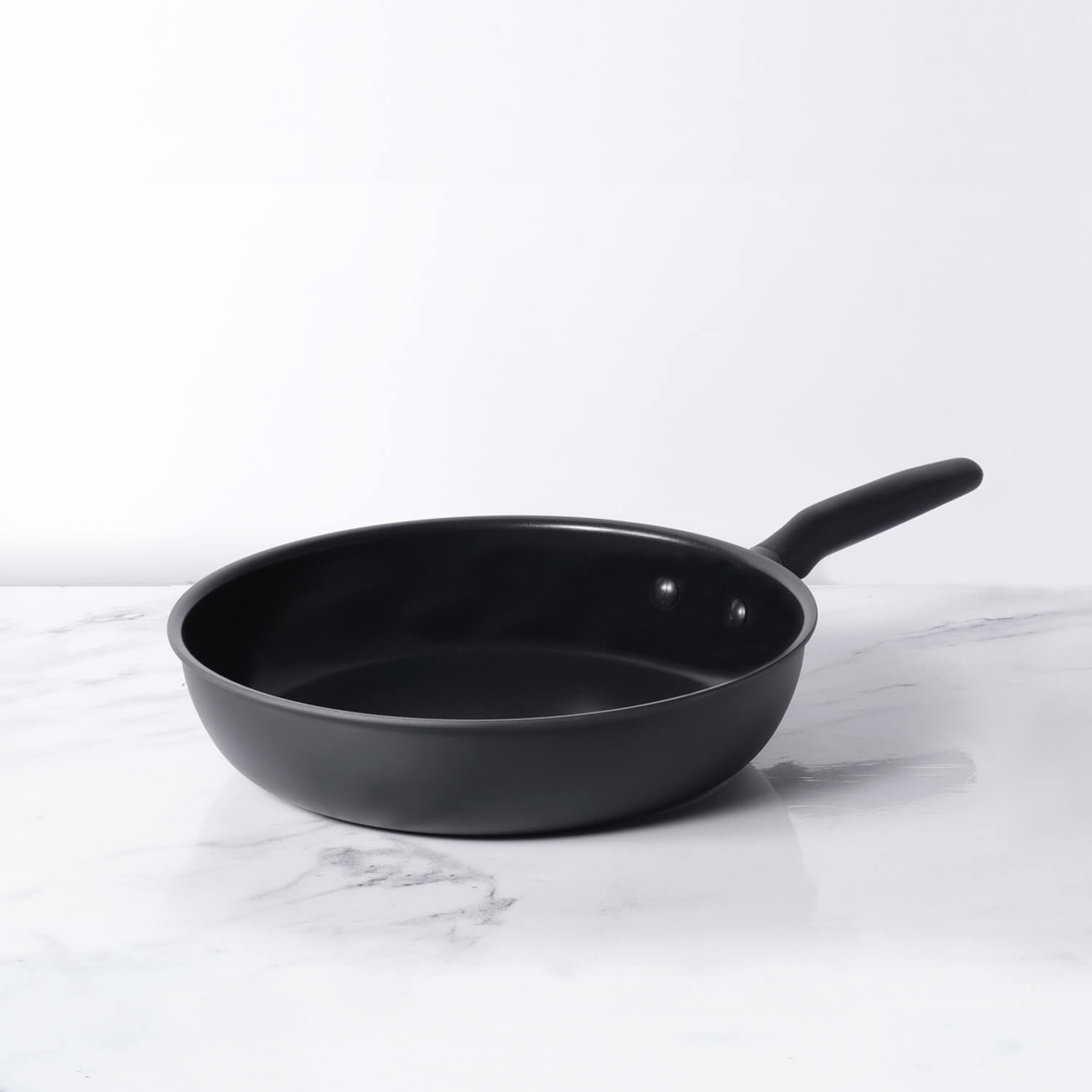




Leave a comment